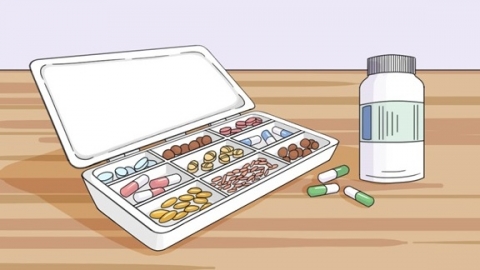Is penicillin helpful for gastrointestinal infections?
Generally, penicillin may be helpful for gastrointestinal infections caused by Gram-positive bacteria, but it is usually ineffective against gastrointestinal infections caused by Gram-negative bacteria or viruses. The detailed explanation is as follows:

If the gastrointestinal infection is caused by Gram-positive bacteria such as streptococcus, presenting symptoms including abdominal pain, diarrhea, and mucus in the stool, penicillin can specifically inhibit the proliferation of these bacteria and thus help alleviate infection symptoms and control the disease.
If the gastrointestinal infection is caused by Gram-negative bacteria such as Escherichia coli or pathogens like rotavirus, with symptoms such as severe vomiting and watery stools, penicillin has no inhibitory effect and cannot eliminate the pathogens. In such cases, it is unlikely to relieve the infection and may even delay appropriate treatment.
Before using penicillin, it is essential to confirm there is no history of allergies, and medication must be taken strictly as directed by a physician. If symptoms do not improve or worsen after taking the medication, promptly inform your doctor to adjust the treatment plan. Do not alter the dosage or discontinue the medication on your own.









